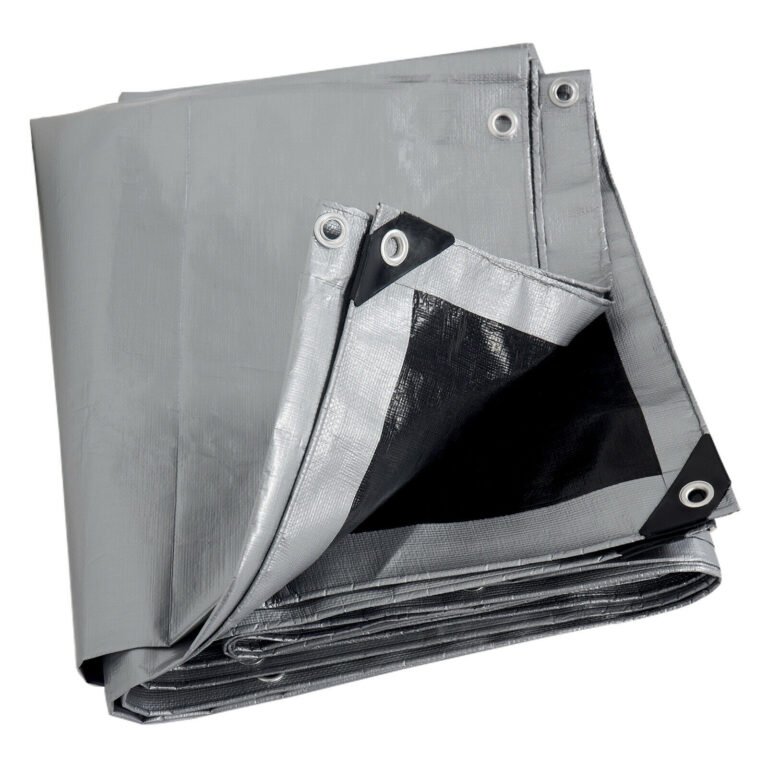Can I Use Sunscreen After Applying Niacinamide Serum?
The state and look of your skin can be greatly improved by using the proper mix of skincare products. Vitamin B3 in niacinamide has become very popular because of its benefits for the skin. Conversely, sunscreen is necessary to shield your skin from UV radiation’s damaging effects. However, how do these two goods function in tandem? Is it okay to wear sunscreen right after using niacinamide serum? The answer is, indeed, and here’s why your skin will benefit immensely from this combo.
Knowing Niacinamide and Its Advantages
It’s crucial to comprehend what niacinamide is and why it’s so good for your skin before learning how to combine it with sunscreen.
A favorite in skin care regimes, niacinamide is a multipurpose component that can address various skin issues. The following are some of the main advantages of niacinamide:
- Anti-Inflammatory Properties: Niacinamide is an excellent treatment for acne, redness, and other inflammatory skin disorders since it helps reduce inflammation.
- Controls Sebum Production: Niacinamide is a helpful supplement for people with oily skin since it helps reduce the appearance of big pores and prevent breakouts.
- Strengthens Skin Barrier: By encouraging the synthesis of ceramides and other lipids, niacinamide contributes to developing a robust skin barrier, which guards against environmental harm.
- Brightens Skin: Over time, niacinamide can help your skin tone more evenly by minimizing the appearance of dark patches and hyperpigmentation.
- Diminishes Fine Lines and Wrinkles: Niacinamide improves skin suppleness and minimizes aging by increasing collagen production.
Niacinamide is a common element in serums and other skincare products, which makes sense given these advantages.
Sunscreen’s Critical Role in Skincare
Sunscreen is an essential part of every skincare regimen. Use sunscreen to protect your skin from UV rays, regardless of the weather—cloudy, sunny, or even indoors. UV radiation is one of the main factors contributing to early aging, dark spots, fine lines, and, in the worst situations, skin cancer.
There are two primary types of sunscreen: chemical and physical (mineral). At the same time, chemical sunscreens absorb UV rays and turn them into innocuous heat, while physical sunscreens function by reflecting radiation. The objective is always the same, regardless of your selected type: shielding your skin from UV ray damage.
Why Niacinamide and Sunscreen Complement Each Other Well
You might be asking if niacinamide and sunscreen can be used together now that you know their advantages. Yes, and there are various ways in which this combination might improve your skincare regimen.
This is why it’s a good idea to use sunscreen after using a niacinamide serum:
- Enhanced Protection: Niacinamide strengthens your skin’s protective layer, increasing the overall efficacy of sunscreen. Your skin is better able to withstand UV damage when the skin barrier is robust and healthy.
- Calming Effect: Sunscreen can occasionally irritate skin, especially chemical types. Because niacinamide has anti-inflammatory qualities, it helps to calm the skin and lessen any redness or sensitivity that some people may experience with sunscreen.
- Skin Heal and Protection: Sunscreen shields the skin from further damage, while niacinamide increases collagen and treats hyperpigmentation to help heal already-existing damage. Combining them results in a well-rounded strategy for enhancing and safeguarding your skin.
- Benefit for Moisturizing: Niacinamide does a great job of hydrating the skin, which is crucial when wearing sunscreen. Sunscreen effectiveness can be hampered by dry skin, and niacinamide helps to keep the moisture balance.
How to Use Sunscreen and Niacinamide Serum Together Correctly
Knowing when and how to use both products can help you get the most out of them. Here’s a detailed how-to:
- Cleanse Your Skin: Use a mild cleanser appropriate for your skin type to cleanse your face. The niacinamide serum will better permeate your skin if you clean your skin of debris, oil, and pollutants.
- Apply Niacinamide Serum: Use your niacinamide serum following a cleansing routine. Use the prescribed amount, usually one or two pumps or drops, depending on the serum concentration. Ensure the distribution is even as you gently pat it on your skin.
- Let It seep: Before proceeding to the following stage, allow the niacinamide serum to seep completely into your skin for a minute or two. This makes sure that before layering other products, the serum can start to perform its magic.
- Apply Sunscreen: After the serum has had time to penetrate, generously apply sunscreen. It’s crucial to cover your neck and other exposed facial skin. Make careful to reapply every two hours or as instructed on the product’s instructions if you plan to be outside.
Common Queries Regarding Sunscreen Use Following Niacinamide
You could have some questions if you’ve never used sunscreen and niacinamide together in your skincare regimen. These are some of the most commonly asked questions and their responses.
Does Niacinamide Impact Sunscreen’s Effectiveness? Niacinamide won’t reduce the effectiveness of your sunscreen, sorry. It can strengthen your skin’s defenses against UV radiation, which could help your sunscreen work better.
Is It Safe to Take Niacinamide at Night and in the Morning? Indeed, niacinamide is safe to take in the morning and at night. It can help skin recover at night and offers additional protection and repair during the day when applied before sunscreen.
Is It Necessary to Wear Sunscreen Every Day, Even Indoors? Indeed. Your skin is still at risk even while you’re indoors or driving since UVA rays can get through windows. Regardless of whether you’re going outside, sunscreen should always be used in the morning as part of your skincare routine.
Is It Safe to Use Sunscreen and Niacinamide on Sensitive Skin? Indeed, sunscreen and niacinamide are both appropriate for sensitive skin types. The anti-inflammatory qualities of niacinamide can aid in easing irritation, while sunscreen shields delicate skin from additional harm.
Advantages of Combining Sunscreen with Niacinamide
It would help if you thought about adding sunscreen and niacinamide to your regular skincare routine for a few reasons:
- Prevents Hyperpigmentation: Niacinamide helps gradually lighten pre-existing pigmentation, giving your complexion a more even tone. Sunscreen shields your skin from UV-induced dark spots.
- Minimises Fine Lines and Wrinkles: One of the main factors contributing to early aging is sun damage. Combining sunscreen’s preventive effects with the collagen-boosting characteristics of niacinamide allows fine lines and wrinkles to be considerably delayed from forming.
- Clearer, Healthier Skin: This combination benefits people with acne or other skin conditions. Sunscreen stops further sun-induced irritation, while niacinamide reduces inflammation and controls oil production.
To read more blog: Retinol Serum for Face: Unlock the Secret to Radiant, Youthful Skin
Final Thoughts
Using sunscreen after niacinamide serum is safe and healthy for your skin. These two essential skincare products offer an effective blend of hydration, repair, and protection. You may maintain healthy, glowing, and youthful-looking skin for years by incorporating niacinamide into your morning regimen and applying broad-spectrum sunscreen afterward.






